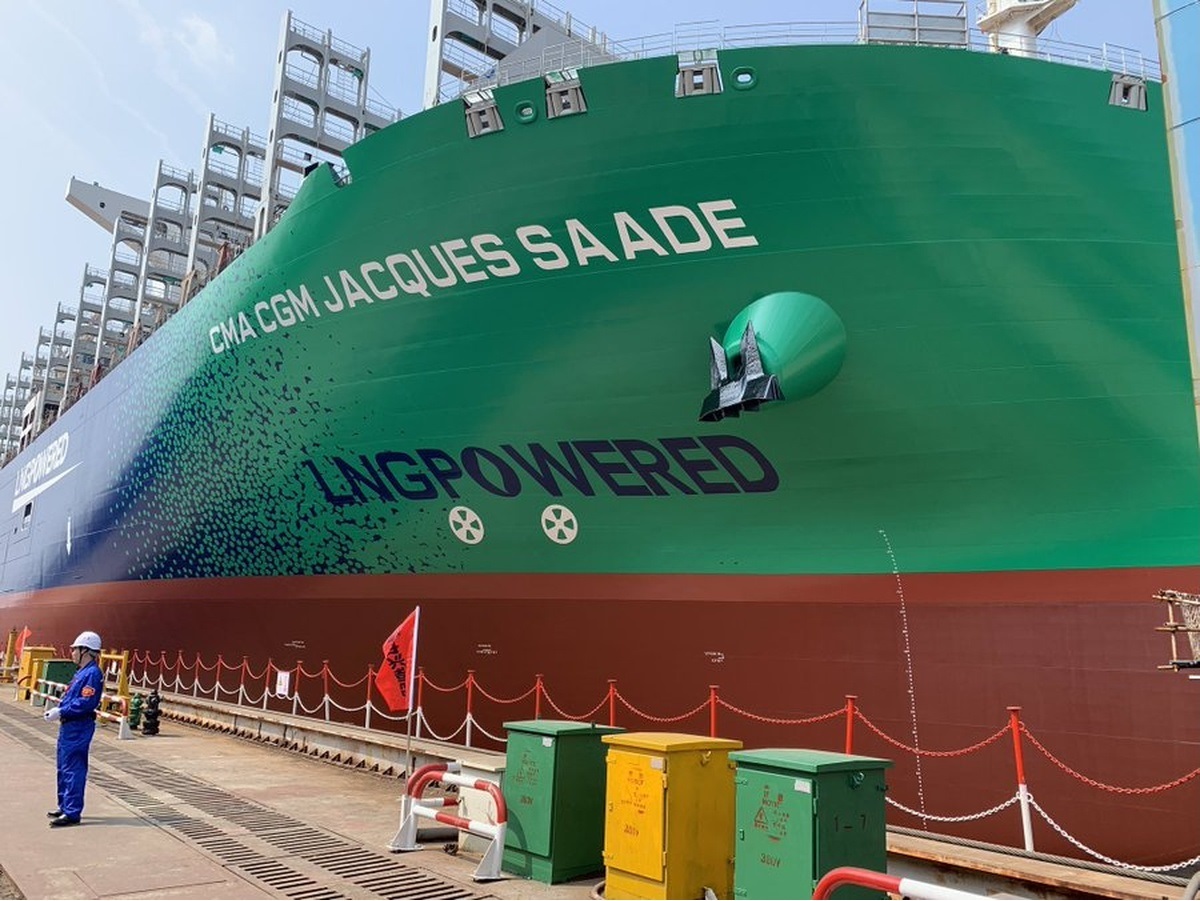Unpretentious Dual Fuel Engine. Eco-Friendly Progress is Real.
The recent worldwide lockdown has shown even more clearly how much the nature suffers from technology development. The suspension of factories and transport communication has led to a significant decrease of the air pollution level so that the residents of megacities could feel what “the clean air” is. According to Rob Jackson, professor of Stanford University, in 2020 carbon dioxide emissions decreased by 5%. “This figure may seem to be insignificant, but we have not seen this for 75 years, probably since the Second World War.”
.jpg)
Maritime transport carries about 90% of goods and at the same time seriously influences the air condition. The main “pollutants” are diesel engines and boiler plants of sea-going ships. The combustion of diesel fuel produces carbon oxide (CO and CO2), nitrogen oxides (NOx), hydrocarbons (CnHm), sulphur oxides (SOx), soot.
People cannot refuse to move forward, but the opportunity to reduce the level of their influence on the environment is still there.
Thus, MARPOL has defined Special Emission Control Areas (ECA), for which stronger restrictions for SOx and NOx emissions are imposed in comparison with other regions. The ECA includes the Baltic, North, North American and Caribbean basins, including Puerto Rico and the Virgin Islands. Also over the period from 2000 to 2016 the IMO protocol established NOx emission standards for diesel engines of new NOx Tier I, II and III ships, requiring nitrogen oxide emission reductions by about 70%.
The switching of the engine from one type of fuel to another is carried out automatically and almost instantly requiring no readjustments, thus the ship continues to move without changing the speed.
An important feature of the dual fuel engine is that it runs on lean gas mixtures; there is approximately twice as much air in the cylinder as required for complete combustion. Therefore, a large amount of heat is consumed for air heating contributing obviously to significant reduction in peak combustion temperatures and sharp decrease in nitrogen oxide emissions, which allows DF engines to comply with most existing regulations.
The manufactures of dual fuel engines including Finnish Wärtsilä, Japanese Yanmar and Kawasaki, German MAN also specify the following advantages of two and four stroke dual fuel engines:
- Flexibility in operation - almost instant switching from one fuel system to another. Switching to gas occurs, for example, in case of technical malfunction or when the ship enters the Tier II and Tier III zones (nitrogen oxide emission control zones or ECA zones) and to diesel fuel outside such zones.
- Various fuels can be used: heavy fuel oil (HFO), marine diesel oil (MDO), low viscosity and low sulphur fuels, liquefied natural gas (LNG), ethylene (SEG) or propane (LPG);
- Decrease in operating costs due to the lower cost of gas in comparison to traditional fuels;
- Emission reduction that means elimination of costs for fines for increasing restrictive ship emission regulations attracting great attention of the growing number of shipowners.
.jpg)
- need to install additional storage tanks, piping evaporators, gas supply systems that take upa lot of space
- lack of filling infrastructure
- lack of trained engineers, the largest shipping companies engaged in cargo carriage and especially in tanker transportation began to renew their fleet promptly.
23,000 TEU Jacques Saade is the world's largest LNG container ship. The power of the main engines (WinGD dual fuel engines) reaches 63,840 kW.

The global sulphur cap was approved by IMO and came into force in 2020. The allowable sulphur emission rate was reduced from 3.5% to 0.5% of fuel volume.
--------------------------------------------------------------------
Other documents:
Phychologist gives recommendations how to avoid conflicts on board
Sports inside the cabin. Burning fat & building muscles: Is it real?




